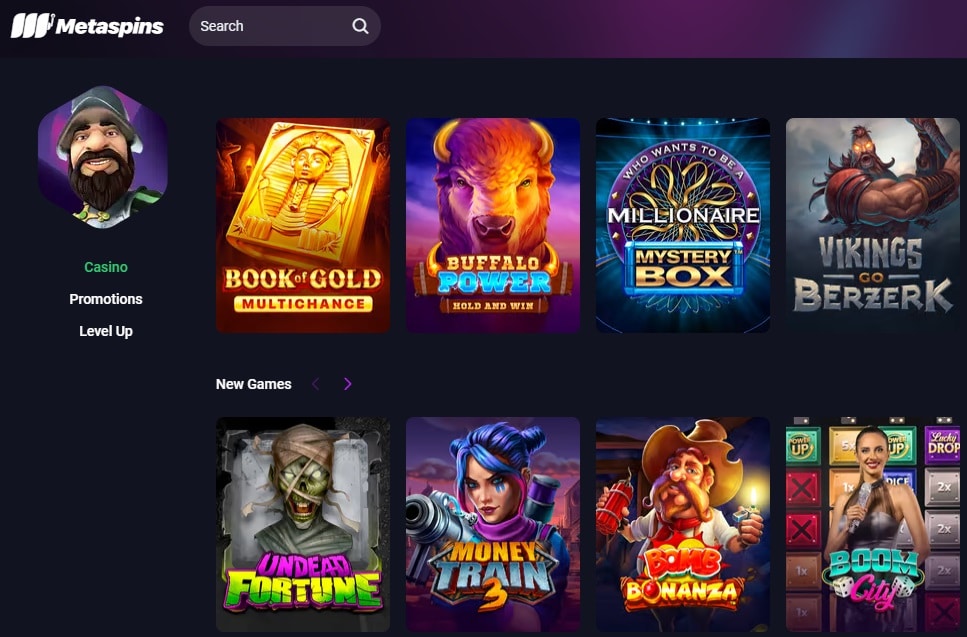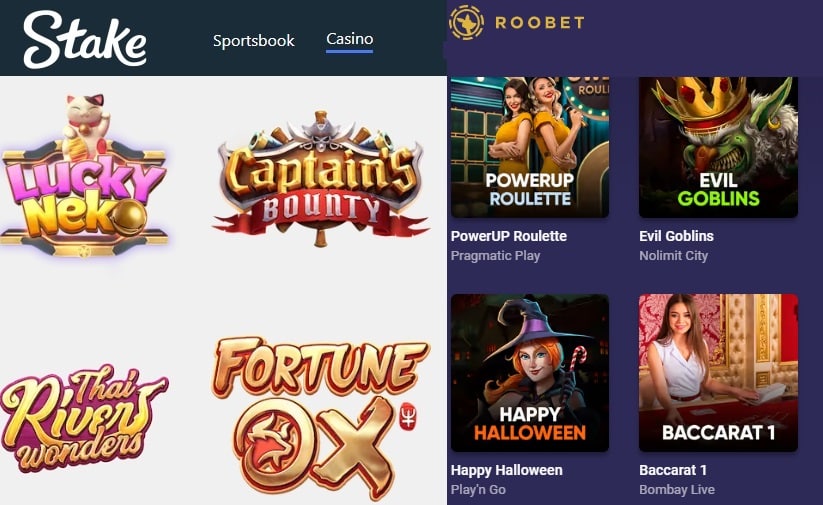Following the ban on loot boxes in Belgium earlier this year, the children’s commission in the UK has now called for stricter regulations regarding the use of loot boxes in computer games. Some believe that the use of the devices in games constitutes gambling due to the need to pay for them and the unknown nature of what is being bought.
Lucky packets
Loot boxes became popular a few years as a means to give players the ability to improve on their characters or advance in a game by purchasing a kind of ‘lucky packet’ upgrade. The upgrades usually give the player some advantage but it is unknown exactly what this is until the box is bought – meaning that, on occasion, a player may not get their money’s worth. This results in players purchasing more and more boxes in the hope of eventually achieving the desired result – not unlike playing a slots game incessantly in the hope of landing a triple seven. However, despite the similarities to gambling, some say the nature of surprise is what gives loot boxes their attractiveness.
Popular online computer games like Fortnite and the many editions of the Fifa football franchise have been highlighted as particular offenders in the loot box controversy. The UK children’s commissioner Anne Longfield has now become the latest voice calling for a change to how the devices are classified and marketed to kids.
Gaming the System
The commissioner recently released a report entitled “Gaming the System” which describes the mechanisms of loot boxes, their dangers, and subsequently the need for UK authorities to reclassify them under the existing gambling regulatory framework. The report also highlights the excessive costs involved with such devices and the need to cap the amount of money that can be spent on them.
Longfield said in a statement that children have actually noted the feeling of gambling when using loot boxes and many have been “spending hundreds of pounds chasing their losses.” Most children fall short of denouncing online gaming due to the social aspect it provides them but some of the less wealthy amongst them do note the financial pressure it puts on them. Some of those who are unable to purchase the latest upgrades say they are then seen as ‘poor’ by their friends.
“I want the government to classify loot boxes in games like Fifa as a form of gambling. A maximum daily spend limit for children would also be reassuring for parents and children themselves,” she continued.
Exploiting their power
The report goes on to call for ‘citizenship lessons’ to address online gaming and insists that more must be done to prepare children for the dangers and pressures they may face in the online gaming world. However, the lack of experience in the field by teachers means this could be a difficult subject to install into current curriculums.
According to the report, children feel their parents and teachers do not know enough about the problems to provide adequate support. Speaking on the release of the new report, Longfield points a finger at game developers who she believes may be exploiting their positions of power to play on children’s need to keep up with their peers.





